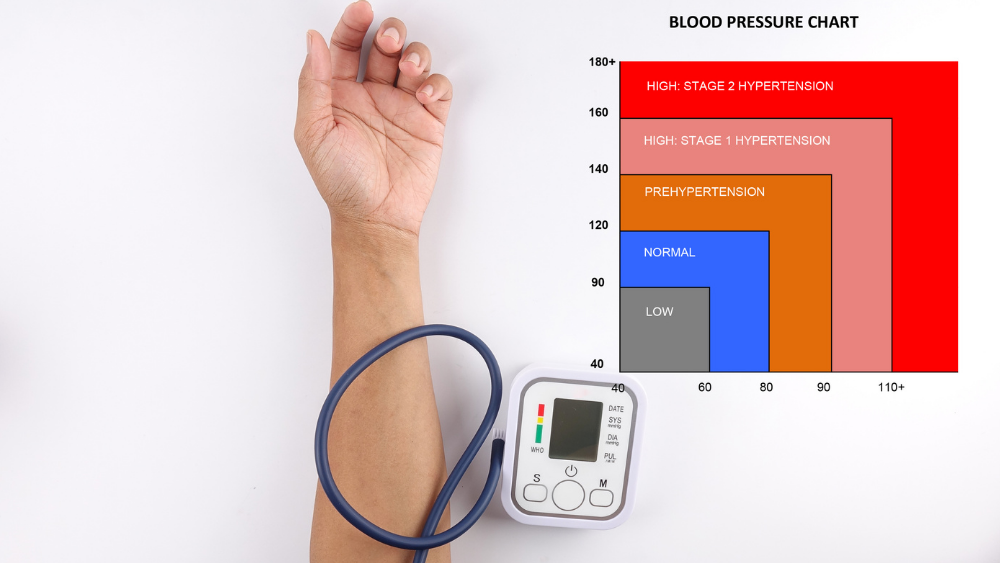According to the Heart and Stroke Foundation South Africa, almost 240 people experience a stroke every day—and sadly, around 70 of them don’t survive.
A major underlying cause of stroke is hypertension, more commonly known as high blood pressure (HBP). It’s a widespread health condition that often goes unnoticed, yet it can have serious, even life-threatening consequences if not managed properly.
Regular health assessments and blood pressure checks are essential to identify early warning signs and take proactive steps before complications arise.
Why Hypertension Is Called the “Silent Killer”
Hypertension has earned its nickname because most people show no obvious symptoms. By the time noticeable signs appear, damage may already be underway. This makes routine blood pressure monitoring a vital part of maintaining your health.
When symptoms do occur, they may include:
- Early morning headaches
- Nosebleeds
- Irregular or rapid heartbeat
- Blurred or changing vision
- Ringing or buzzing in the ears
In more severe cases, hypertension can lead to fatigue, nausea, vomiting, confusion, anxiety, chest pain, or muscle tremors. However, the only way to know for sure if you have high blood pressure is through a professional health check.
Understanding the Risks and Taking Action
Strokes can affect anyone, but early detection and healthy lifestyle choices significantly reduce your risk. Some people recover completely after a stroke, while others are left with long-term physical or cognitive challenges. These lasting effects often impact not just the individual, but also their family and caregivers.
In 2017, Dr. Nomafrench Mbombo, the Western Cape Minister of Health, confirmed that stroke is the leading cause of disability in South Africa. For those who experience severe strokes, palliative care—a specialised form of support for people with life-limiting conditions—can make a meaningful difference. This type of care focuses on improving quality of life and offering holistic support to both patients and their families.
Support and Care Options
Bestmed Medical Scheme provides palliative and home-based care benefits as an alternative to hospitalisation. These services are available on all benefit options at 100% of the Scheme tariff, subject to pre-authorisation, available benefits, and individual treatment plans.
Hypertension is also listed as a Chronic Disease List (CDL) condition across all Bestmed options, ensuring that members have access to ongoing management and care.
If you missed it, Bestmed recently hosted a Tempo Talk focused on hypertension and its impact on overall health—you can watch it here.
Takeaway
A stroke can happen suddenly, but the risk can be reduced with regular check-ups, a healthy lifestyle, and early management of blood pressure.
Make the time to check your blood pressure, know your numbers, and act early—because when it comes to stroke, awareness and prevention truly save lives.

